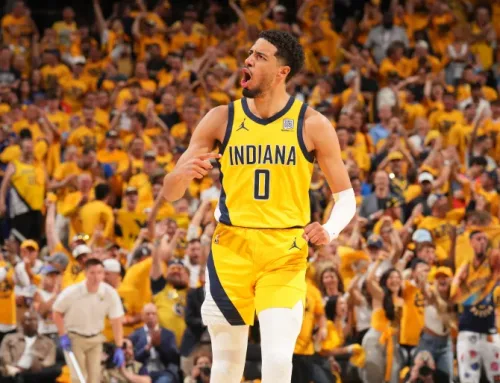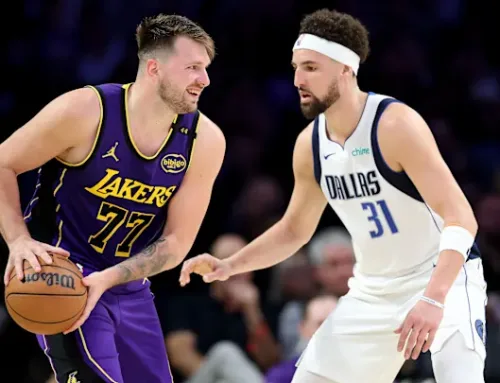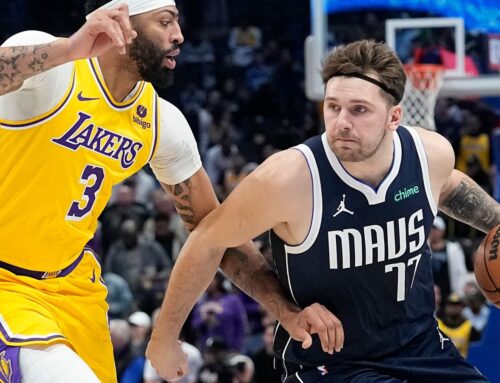Second Draft Trade Candidates
By: Avi Tyagi
Most of the trade deadline chatter is often about the biggest stars, as it rightfully should be. These are often players that can quickly change a team’s playoff fortunes and short-term outlook. The trade deadline, however, can also present the chance for what is commonly referred to as second drafting. It is a chance for teams, often outside of the playoff picture, to scour for prospects that they might be able to develop who might thrive in a different situation. With that in mind, here are 7 such trades.
Collin Sexton: He’s a 25 points per game, small shooting guard with defensive concerns who might currently lack the passing vision to handle a large load. The Cavs want a wing who can shoot and a secondary ball handler to accompany Garland and give them a playoff boost. They also do not want to give up any major long-term assets to do so. With Collin seeming to be less likely in their plans going forwards, I propose Sexton, Rubio, and Dylan Windler for Caris LeVert, Justin Holiday, and Oshae Brissett. For the Pacers, you can sell trading LeVert and Holiday at this price as receiving two first round level prospects (since Windler and Collin were selected there). It also frees up more space for them under the tax next year and frees up financial flexibility to pay Sexton in the offseason. For the Cavs, LeVert and Holiday fill the wing holes, with Holiday providing more defense and spacing, and LeVert functioning as more of a scoring threat who can handle in bench units. Oshae would be an interesting bonus add to their backup big rotation.
Coby White: He scores, not quite as well as Sexton, and he might be a worse defender, but he provides more off-ball shooting if a team wants him, and he can somewhat function as a passer if needed. Here my concept is Coby White, the Portland 1st, and Derrick Jones for Eric Gordon and Jae’Sean Tate. Both Gordon and Tate might not fit in with the young cure in Houston so getting another young guard prospect and a first is a pretty solid haul. For Coby, he can step in as the starting guard if the Rockets want, or he can provide a backup guard prospect for them to develop over time. The Bulls get to go all-in. Tate and Gordon are both switchable, with Tate capable of handling forwards, and Gordon a spacer who can spot up or handle as needed.
Kenrich Williams: Low usage offensive player, a plus on defense, and overall, a good connective piece. Here we go back to the Bulls. We’re talking about going all-in for the top 3 seeded Bulls. That means Troy Brown and a 2nd for Kenrich Williams. He can soak up the backup 3 minutes and present another option for the Bulls in building a 9-10 player rotation core. These two trades could set up the Bulls with Lonzo Lavine Gordon DeMar Vuc with Caruso (when he returns), Ayo, Kenrich, Javonte, Tate, Tony Bradley, and potentially Pat Williams. That’s a deep playoff ready rotation.
Mo Bamba for Lonnie Walker: Orlando gets to develop a shooting guard prospect, while the Spurs get an interesting center prospect who might be able to complement Jakob Poeltl’s game. Trading Lonnie also means more minutes for Devin Vassell and Josh Primo to explore their games.
Marvin Bagley: The Pistons were rumored to want him, and could spend time developing him as a 4. The easiest trade, unless some players with veto clauses can be assured not to use them, is Bagley and Damian Jones for Trey Lyles and Josh Jackson. Josh Jackson might get a chance to soak up minutes starting at the 3, with Lyles capable of taking backup 4 minutes.
Mitchell Robinson: He might get the extension from the Knicks. It’s hard to say for sure. I think it’s more likely he’ll end up receiving the full 4 year, 55 million extension. On the off chance the Knicks feel unsure about that concept and choose to trade him, it depends on what they want to do with the deal. Would they want to trade Robinson for a little-played prospect on another team, or would they want to use it as an avenue to open up their cap flexibility going forwards? Two ideas: Robinson for Kira Lewis, or the more complex: Kira, Willy Hernangomez, Jaxson Hayes, and Tomas Satoransky for Mitchell Robinson, Deuce McBride, and Evan Fournier. The second deal hinges on the Pelicans desire to increase their odds of entering the play-in and potentially mollify Zion by doing so. The Knicks would open up 6 million dollars of cap space before factoring in how much paying Robinson would cost and gain two more young prospects to add to their core.
Aaron Nesmith: He’s a presumptive movement shooter whose main skill has abandoned him. 21.5% from 3 is rouuugh. The simple deal would be sending him to the Spurs for a second. Here is where I try an absolutely unbelievable and (likely) unfeasible idea: Marcus Smart and Aaron Nesmith for Duncan Robinson, a 2nd, and a 2028 (top 10 protected) 1st. I realize this trade is more about the other players in the deal. Smart has been shopped around for a while, and a lineup with him, Lowry, Butler, Tucker, and Bam might become pure defensive teaching tape and provide a significant boost to their contention aspirations. Nesmith might get a chance to have his shot developed the way Bam, Max Strus, Caleb Martin, and Gabe Vincent have and rediscover an aptitude shooting off screens while also becoming more comfortable off handoffs for a team that prominently runs sets for those actions. For the Celtics, they get the movement shooting they want from a Boston area native in Duncan Robinson, alongside a haul of picks they can either keep or use for later moves.
Trading is hard, and it’s hard to get a sense for how organizations feel players impact their culture and who they want to fit. These are just some basic frameworks that might just fit both the teams and the players.




